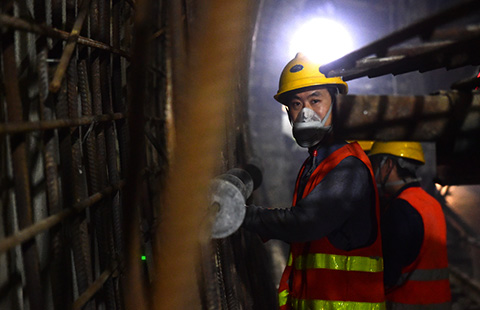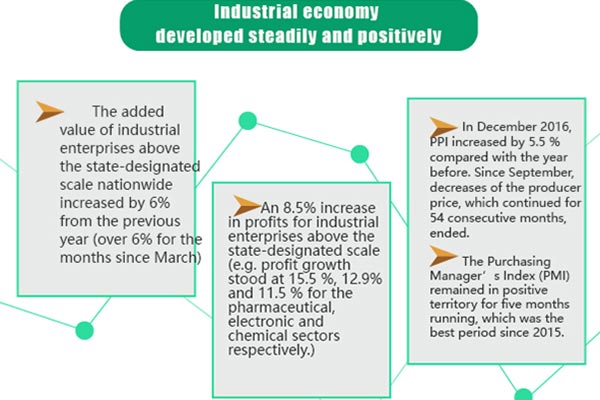Mexico to continue boosting trade with China
MEXICO CITY — Mexico will continue to seek investment and export opportunities in China, Foreign Minister Luis Videgaray said on Tuesday.
In a Senate hearing on Mexico's fraught relationship with the United States, Videgaray reassured the assembly of 280 lawmakers that Mexico is looking to bolster ties with China.
Mexico and China have "very important trade ties," stressed Videgaray, "especially due to Mexico's imports from China, (which amount to) nearly $70 billion."
One of Mexico's main objectives is to achieve greater trade balance with China "by increasing our exports to that friendly country, with which we have a comprehensive strategic partnership established in 2013, following Chinese President Xi Jinping's state visit to our country," said Videgaray.
For Mexico, China presents "a significant opportunity to attract investment in infrastructure, manufacturing or financial sectors," said the minister.
"We will continue on that path, we will continue to get closer to China, we will continue to seek investment and we will continue to expand opportunities so that Mexican exporters can increase their access to that big Asian market," said Videgaray.
In January, Mexico's President Enrique Pena Nieto unveiled new foreign policy guidelines that called for diversifying trade ties with Latin America, Europe, Asia and Africa, given the Trump administration's more hostile position towards trade, especially with neighboring Mexico.
"Within (the area of) foreign policy, now more than ever there is an urgent need to diversify our ties with the outside beyond North America, especially our economic, trade and investment ties," said Videgaray.
To that end, "certainly the most successful initiative has been the Pacific Alliance," said the minister, referring to the Latin American trade bloc designed to boost trade with China and other Asian nations.
He added "We will continue to work closely with other member countries," referring to Colombia, Peru and Chile.
The Senate hearing comes as Mexico prepares to renegotiate the North American Free Trade Agreement (NAFTA) with the United States.
Trump insists the two-decade agreement has shifted jobs from the United States to Mexico, where US manufacturers have built assembly plants to take advantage of lower wages and cheaper operational costs.
Trump also withdrew the United States from the Trans-Pacific Partnership (TPP), a wide-ranging trade deal promoted by his predecessor.
Despite the withdrawal of the United States from the TPP, Mexico, among the member countries who back the accord, wants to keep it alive.
"It is a very important market for Mexico, a highly potential market for Mexican exports, and we want to continue to advance along that path," said Videgaray.
The discussions with countries that comprise the TPP, particularly Australia, New Zealand, Malaysia or Singapore, "can be bilateral or through a subgroup of countries," he added.
Mexico believes it is better to have "multilateral institutions that guarantee peace, promote development, protect the environment or protect human rights," said the minister.
On those grounds, Mexico affirms its commitment to the United Nations and other multilateral organizations, said Videgaray.
"The fierce nationalism that is springing up in certain lands undermines and threatens the multilateral structure," he said, referring to the nationalist fervor that brought Trump to power in the United States and has buoyed right-wing politicians in Europe and other countries.

















